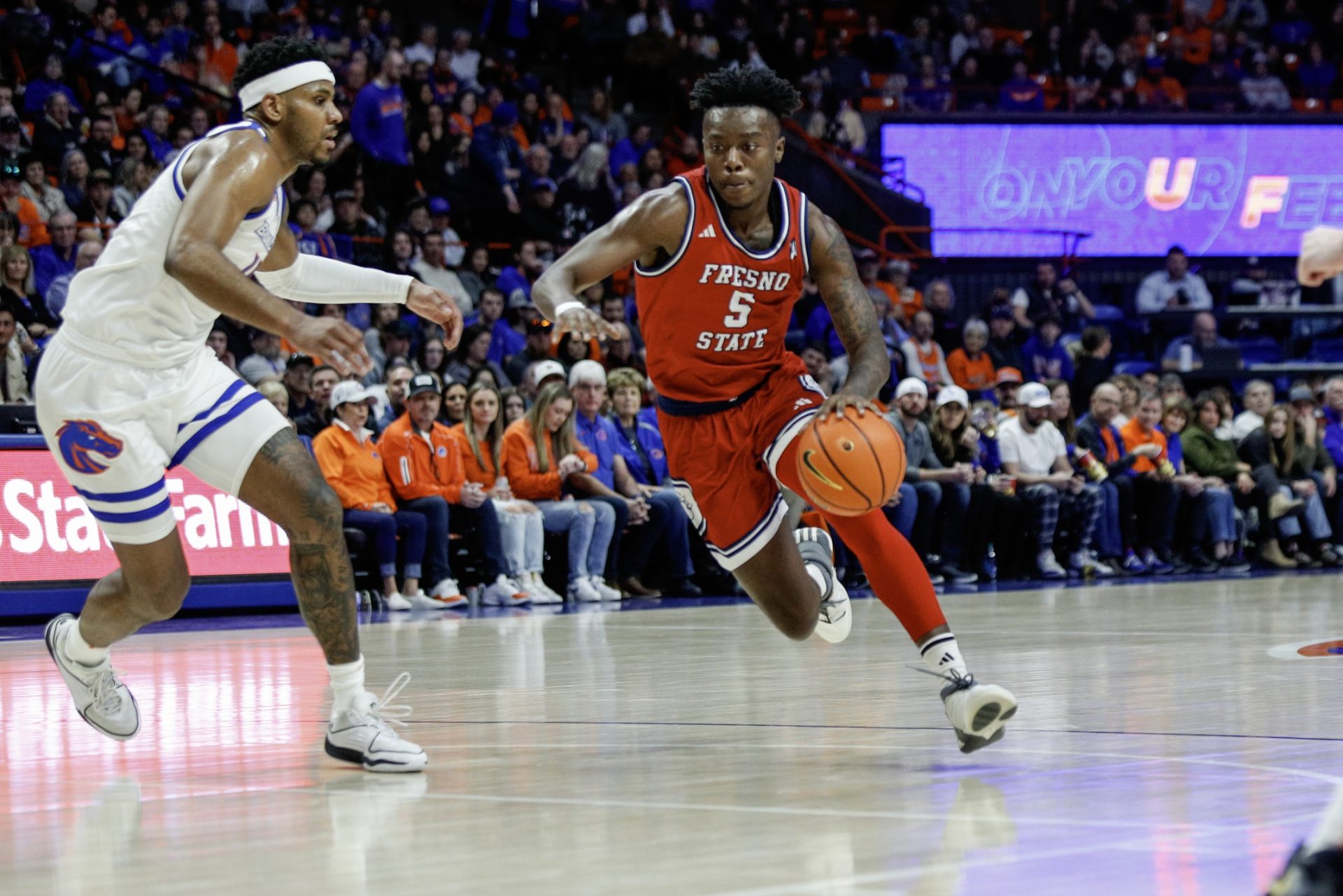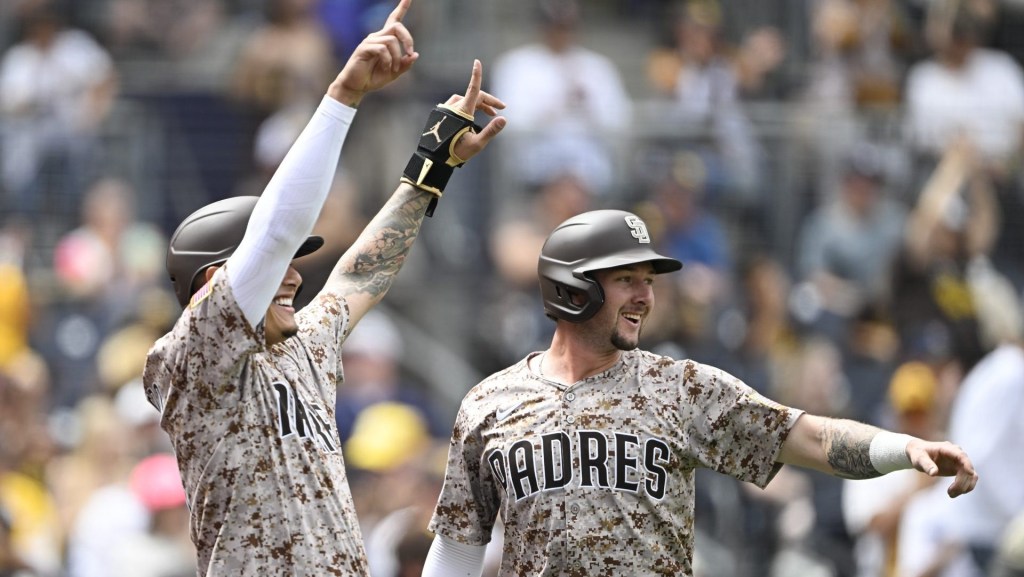The NCAA banned Fresno State men’s basketball players Mykell Robinson and Jalen Weaver, and San Jose State men’s basketball player Steven Vasquez for violating betting rules, the governing body announced Wednesday.
The three players “bet on their own games, one another’s games and/or provided information that enabled others to do so” last season, the NCAA said. “Two of the student-athletes then manipulated their performances to ensure that certain bets were won.”
All three players were released from their teams, and none currently attend their previous schools, the NCAA said.
The majority of the bets were small prop bets—the same type of bet the NCAA has been pushing to ban.
Last season, Robinson placed 13 daily fantasy sports over-line and under-line prop bets for a total of $454, some of which were bets on his own performance; he won at least $618. He also bet on Weaver “multiple” times. Weaver placed a $50 prop bet on himself, Robinson and another unnamed player and won $260, according to the NCAA’s investigation.
In addition, during one game in January 2025, Robinson and Vasquez, as well as an unnamed third party, bet $2,200 on prop bets involving Robinson. Robinson then manipulated his own in-game performance, and the parties earned $15,950 as a result. (Robinson and Vasquez knew each other because they had previously been roommates when Vasquez was at Fresno State.)
The schools themselves, however, did not receive penalties.
Before 2023, the NCAA’s rules basically stated that any athlete who bet on any sport at any level during their time playing college sports would receive at least one full season of ineligibility.
That year, however, the governing body “modernized” its rules to reflect the legalization of sports betting in states across the country. For example, players who bet $200 or less on professional sports while playing college sports would be required to complete sports wagering rules and prevention training, but would not face eligibility issues.
However, players still can’t bet on their own games. “The starting point for student-athletes who bet on their own games is a permanent loss of eligibility,” the NCAA said in its release Wednesday.
The penalties handed down Wednesday weren’t the first the NCAA has enforced in the sports betting era. In 2024, the NCAA found that former Alabama baseball coach Brad Bohannon provided inside information about pitching changes in order to win money, which resulted in a 15-year show-cause order, requiring that any school employing Bohannon for sports activities suspend him “for 100% of the baseball regular season for the first five seasons of his employment.”





![[Subscription Customers Only] Jun 15, 2025; Seattle, Washington, USA; Botafogo owner John Textor inside the stadium before the match during a group stage match of the 2025 FIFA Club World Cup at Lumen Field.](https://frontofficesports.com/wp-content/uploads/2026/02/USATSI_26465842_168416386_lowres-scaled.jpg?quality=100&w=1024)
![[Subscription Customers Only] Jul 13, 2025; East Rutherford, New Jersey, USA; Chelsea FC midfielder Cole Palmer (10) celebrates winning the final of the 2025 FIFA Club World Cup at MetLife Stadium](https://frontofficesports.com/wp-content/uploads/2026/02/USATSI_26636703-scaled-e1770932227605.jpg?quality=100&w=1024)










